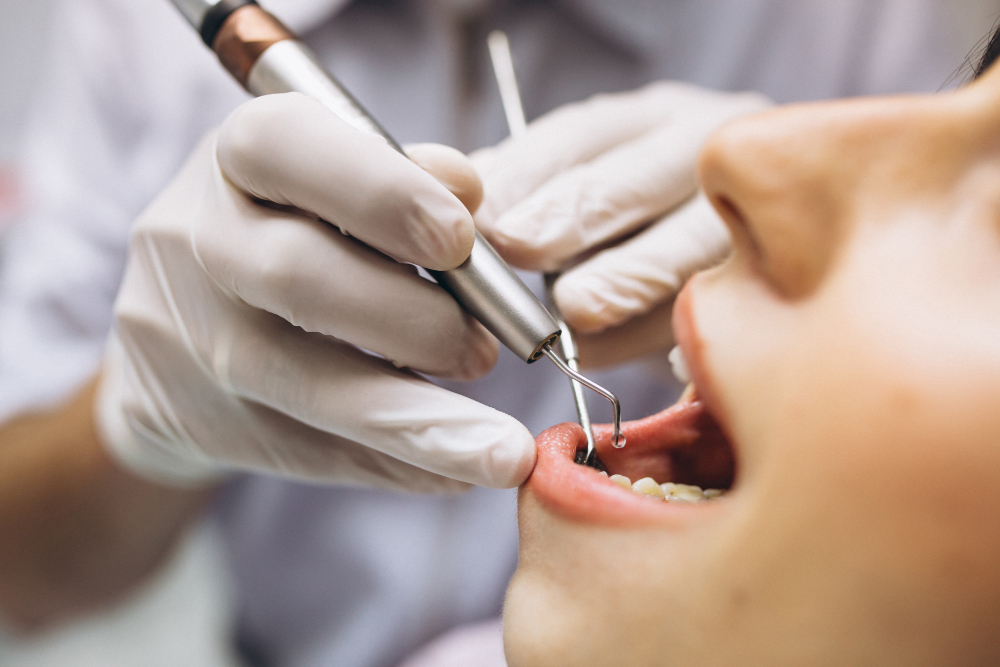When it comes to replacing missing teeth or stabilizing dentures, traditional dental implants have long been a trusted solution. However, in recent years, a smaller version known as mini dental implants (MDIs) has gained popularity. Mini dental implants offer an alternative for individuals who may not be suitable candidates for traditional implants due to factors such as bone density, overall health, or budget constraints. In this article, we will explore what mini dental implants are, how they differ from traditional implants, their benefits, and considerations to help you determine if they are the right choice for your dental needs.
Understanding Mini Dental Implants:
Mini dental implants, as the name suggests, are smaller in diameter compared to traditional implants. While traditional implants range from 3.5 to 6 millimeters in diameter, mini dental implants typically have a diameter of 1.8 to 3.3 millimeters. They are composed of a titanium post with a ball-shaped attachment that connects to the prosthetic tooth or denture.
Mini dental implants are designed to provide stability and support for single-tooth replacements, dental bridges, or to secure dentures. They can be placed with minimally invasive techniques, often without the need for extensive bone grafting or sinus lift procedures, making them a suitable option for individuals with limited bone density.
Benefits of Mini Dental Implants:
Less invasive procedure: Mini dental implants can often be placed with a minimally invasive technique, reducing the need for extensive surgical procedures. This means less discomfort, faster recovery time, and fewer complications compared to traditional implants.
Suitable for compromised bone density: The smaller size of mini dental implants makes them a viable option for individuals with reduced bone density, as they require less bone volume for successful placement. This eliminates the need for additional bone grafting procedures, making the treatment more accessible and cost-effective.
Affordable option: Mini dental implants are generally more affordable than traditional implants due to their smaller size and simpler placement procedure. This makes them an attractive choice for individuals on a budget who still desire a stable and functional tooth replacement solution.
Immediate results: In some cases, mini dental implants can be loaded immediately, meaning that a temporary crown or denture can be attached immediately after placement. This offers the advantage of having a functional and aesthetic tooth replacement from the day of the procedure.
Considerations for Mini Dental Implants:
While mini dental implants offer many advantages, it is important to consider certain factors before deciding if they are the right choice for your dental situation:
Bone density: Although mini dental implants require less bone volume, adequate bone density is still essential for long-term success. Your dentist will evaluate your bone quality and determine if mini dental implants are a suitable option or if additional procedures are necessary to enhance bone density.
Specific dental needs: Mini dental implants are most commonly used to stabilize dentures or replace single teeth or smaller dental bridges. If you require a full arch restoration or have complex dental needs, traditional implants may be a better option.
Oral health: Good oral hygiene is essential for the longevity of any dental implant, including mini dental implants. Maintaining regular brushing, flossing, and dental check-ups is crucial to prevent complications such as peri-implantitis, an inflammatory condition that can affect the surrounding tissues.
Consultation with a dental professional: To determine if mini dental implants are suitable for your situation, it is vital to consult with an experienced implant dentist. They will evaluate your specific dental needs, assess your oral health, and provide personalized recommendations based on their expertise.
Are Mini Dental Implants Right for You?
Mini dental implants offer an alternative solution for individuals who may not be suitable candidates for traditional dental implants. With their smaller size, less invasive placement procedure, and affordability, mini dental implants can provide stability and support for single-tooth replacements, dental bridges, or dentures. However, it is important to consider factors such as bone density, specific dental needs, and oral health before deciding if mini dental implants are the right choice for you.
Consulting with an experienced implant dentist is crucial to receive a comprehensive evaluation and personalized guidance. They will help determine if mini dental implants are a suitable option for your dental situation and provide the necessary information to make an informed decision. Remember, each person’s dental needs are unique, and finding the right solution requires professional expertise and individualized care.






